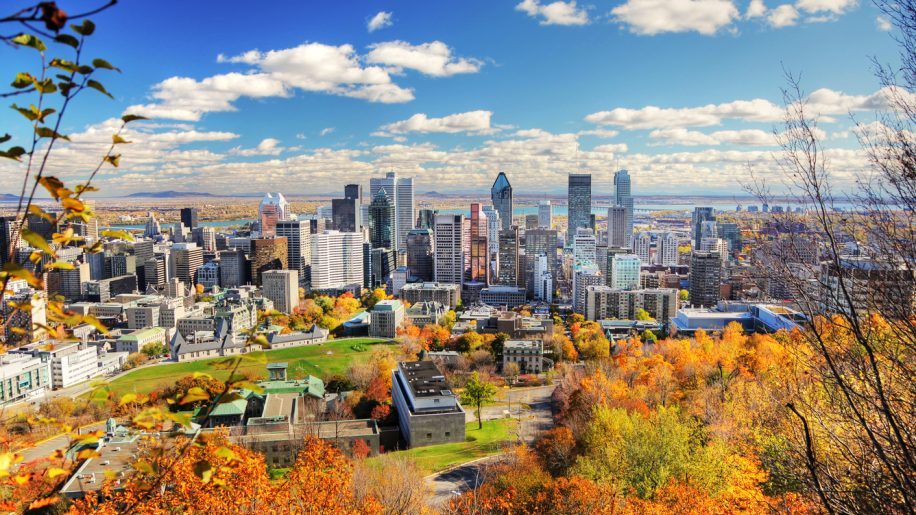The Government of Canada has announced the removal of all remaining Covid-19 entry restrictions from October 1.
Travellers entering the country will no longer have to provide proof of vaccination, undergo testing or a period of quarantine or isolation.
Additionally, they will no longer have to submit health information through the country’s ArriveCAN app or wear masks on planes or trains.
As of October 1, travellers who entered Canada in the 14 days prior to October 1 will not be required to complete the remainder of their quarantine or isolation, or complete their testing requirements.
The government said that the decision is based on several factors, including data that shows the country has “largely passed the peak of the Omicron BA.4 and BA.5 fuelled wave”, high vaccination rates, lower hospitalisation and death rates, and the availability of vaccine boosters, rapid tests and treatments for Covid-19.
Jean-Yves Duclos, Minister of Health, commented:
“Thanks largely to Canadians who have rolled up their sleeves to get vaccinated, we have reached the point where we can safely lift the sanitary measures at the border. However, we expect Covid-19 and other respiratory viruses will continue to circulate over the cold months, so I encourage everyone to stay up-to-date with their Covid-19 vaccination, including booster doses and exercise individual public health measures.
“I also thank the dedicated public health officers and frontline staff at our land borders and airports who have worked tirelessly to protect the health and safety of people in Canada for the last two years.”
Craig Landry, executive vice president and COO at Air Canada, welcomed the news:
“Air Canada welcomes the removal of these restrictions, acknowledging that air travel is safe and that the measures were not justified by science. We believe it will greatly facilitate travel, help to continue stabilizing the country’s air transport sector and support Canada’s economy. Customers and crew will still have the option to wear masks and we also encourage customers to monitor their own health to be sure they feel well and fit to travel.”
He added, however, that further work is needed to streamline the travel experience:
“While today’s announcement is a positive step, we urge the government not to lose momentum. Lessons learned during the pandemic should now be applied to streamlining the air transport system in Canada and to enact further reforms. This includes improving processes, such as security and customs at airports, developing new trusted traveller programs, deploying new technologies and, more fundamentally, re-examining the user-pay model that finances air transportation in Canada, whose weaknesses and interdependencies were exposed by Covid.”
The country’s ArriveCAN app will still be available for those that want to save time at the airport by providing their customs and immigration declaration ahead of arrival. This feature is currently available at Toronto Pearson, Vancouver and Montréal-Trudeau airports and will expand to further international airports in the coming months.
The government says that early data shows that using the Advance CBSA Declaration in Arrive CAN cost the amount of time a traveller spends at a kiosk by roughly one third.
See our recent flight review from London to Montreal:
Flight review: Air Transat A321 neo LR Club Class London-Montreal


